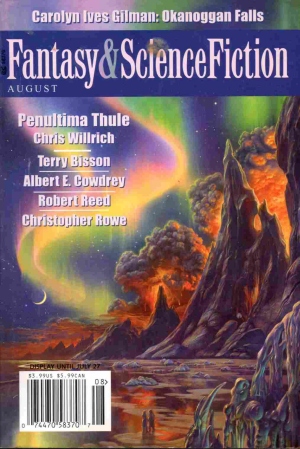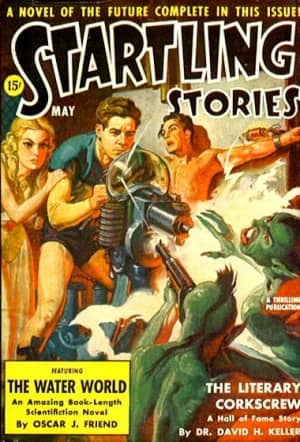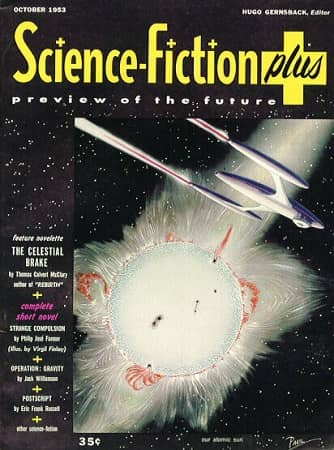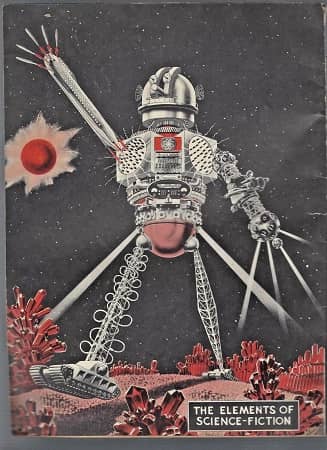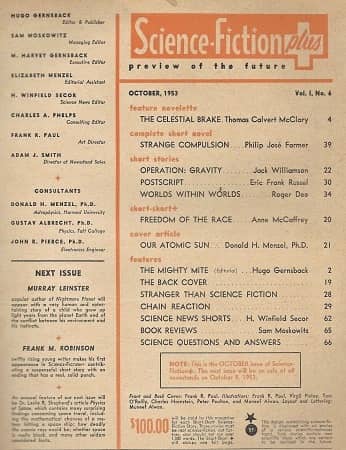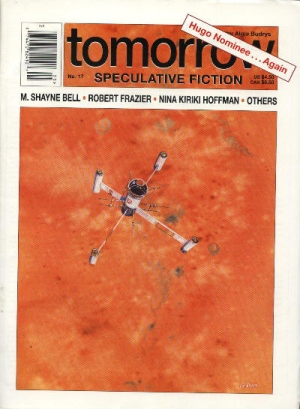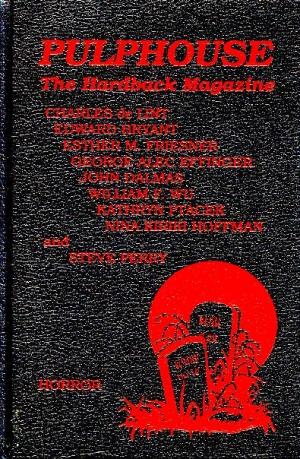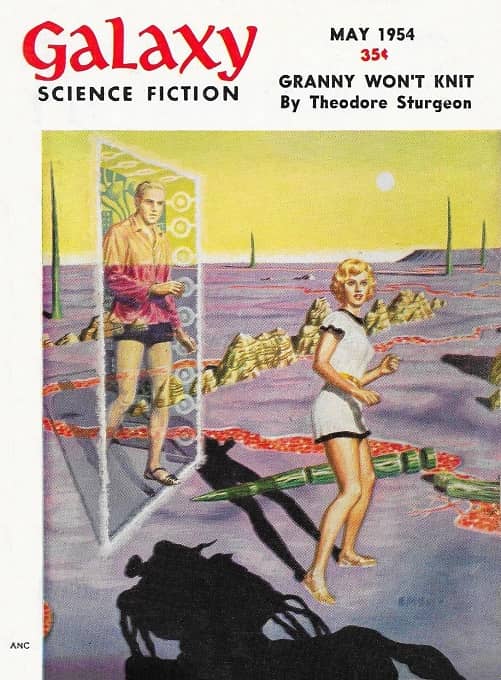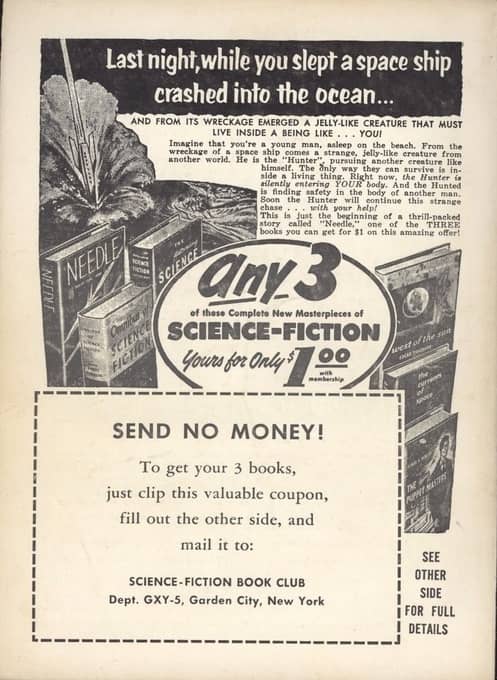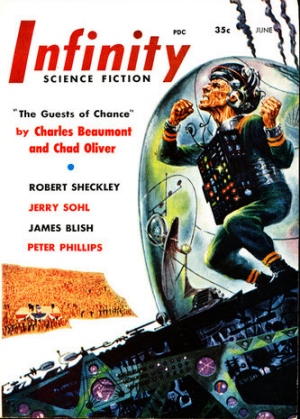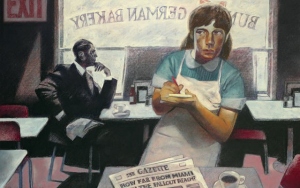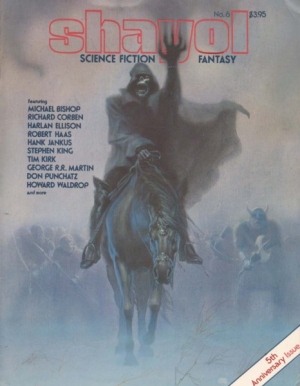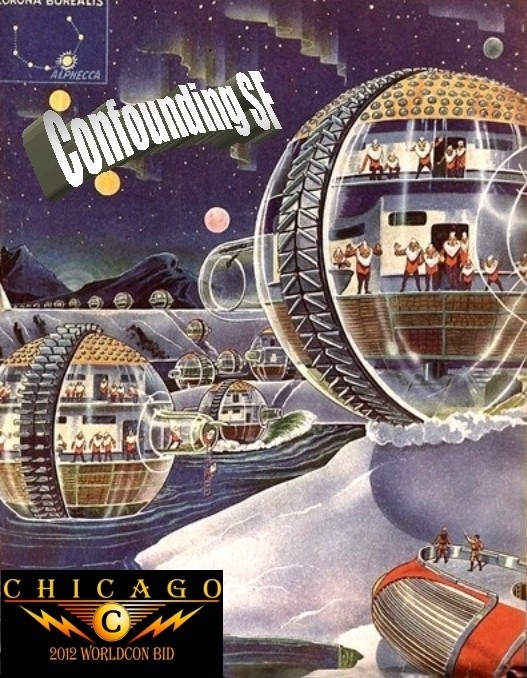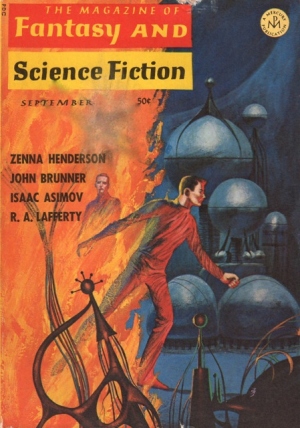Amazing Science Fiction, November 1959: A Retro-Review
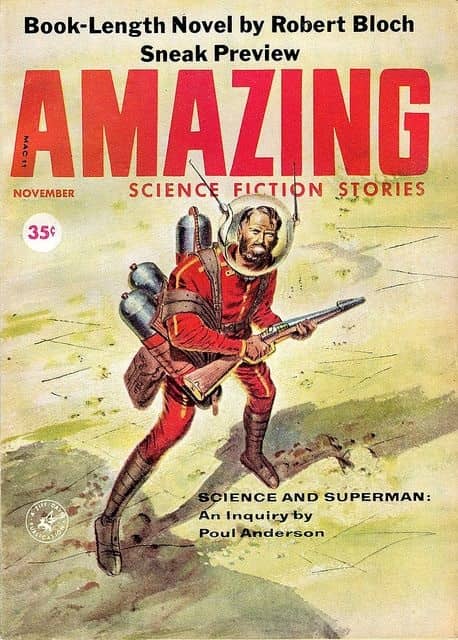 |
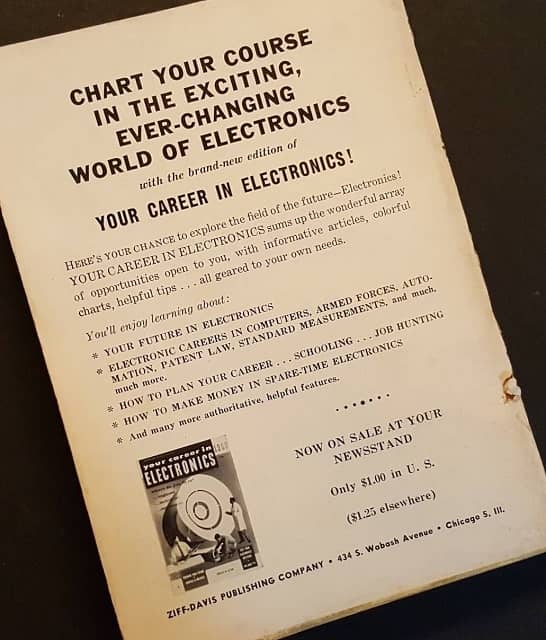 |
Here’s an issue of Amazing from Cele Goldsmith’s first year as editor. Indeed, this was probably on the newsstands the day I was born (October 5, 1959). So, no, I didn’t read it when it came out!
The cover is by Leo Summers. The interiors are by Summers and Virgil Finlay. Norman Lobsenz’ editorial is about the real-life basis of one of the aspects of the cover novel, Robert Bloch’s Sneak Preview. There is a feature article by Poul Anderson called “Science and Superman: An Inquiry,” which takes a rather skeptical view of the idea that humans might be evolving into “supermen.”
E. Cotts’ book review column covers One Against Herculum, by Jerry Sohl; Tomorrow Times Seven, by Frederik Pohl; and Secret of the Lost Race, by Andre Norton. She gives some mild praise to Sohl, raves about Pohl’s collection, and is a little disappointed with the Norton novel.
The letters in “… Or So You Say” are by Claire Beck, Chris Roe, Craig Wisch, Kenneth E. Cooper, Clayton Hamlin, Michael Carroll, Jonathan Yoder, Richard C. Keyes, Billy Joe Plott, and James W. Ayers. The only name familiar to me is Billy Joe Plott.
